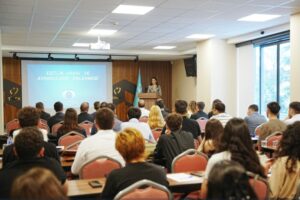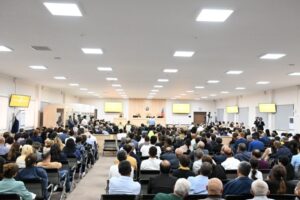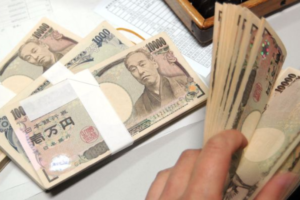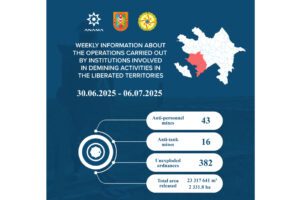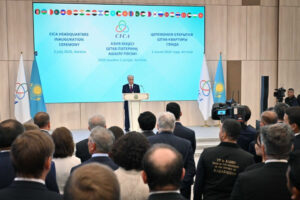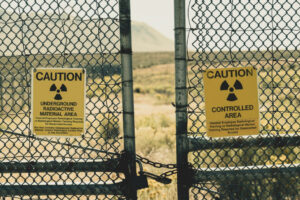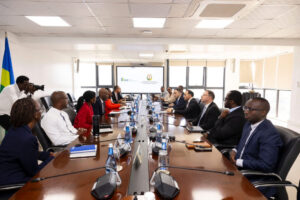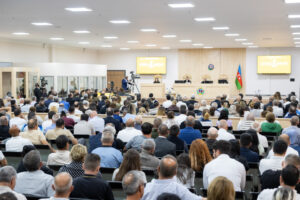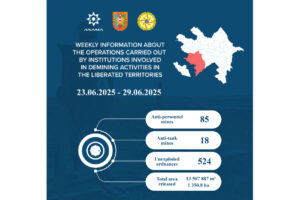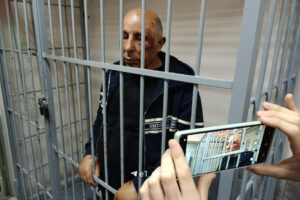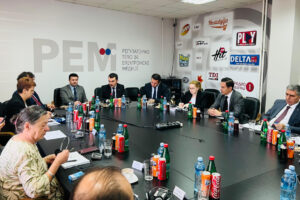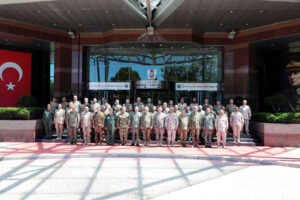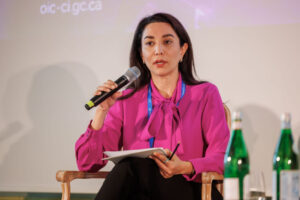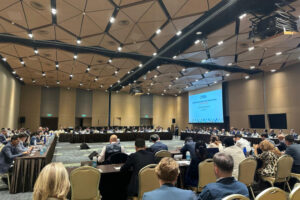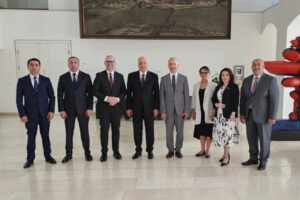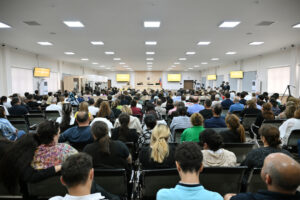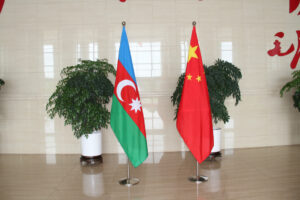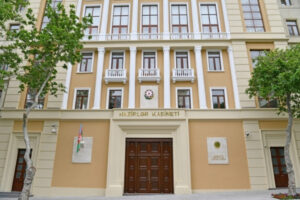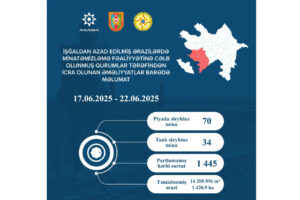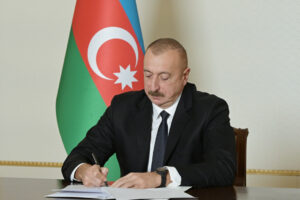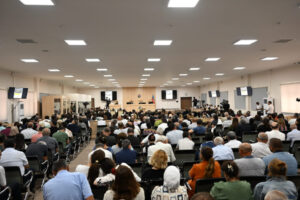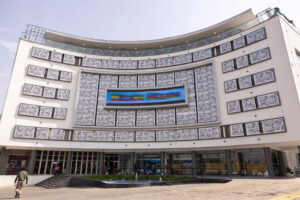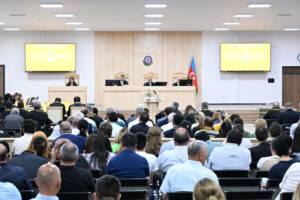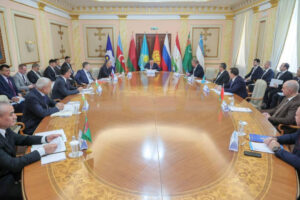Tokyo, 22 June, /AJMEDIA/
Campaigning starts for Japan’s upper house election on July 10
TOKYO – The official campaigning began Wednesday in Japan for the House of Councillors election on July 10, as the ruling and opposition parties rush to address inflation concerns and spar over whether a more robust defense posture is necessary in the wake of Russia’s war on Ukraine.
A total of 125 seats are up for grabs in the 248-member upper house, with over 530 people expected to file their candidacies.
———-
Yen falls to upper 136 zone vs. dollar, lowest in 24 years
NEW YORK – The yen slipped to the upper 136 level against the U.S. dollar in New York trading Tuesday, marking a 24-year low amid speculation of widening interest rates between Japan and the United States.
At 5 p.m., the dollar traded at 136.64-74 yen, up from 135.22-23 yen at 5 p.m. Tuesday in Tokyo. The euro was quoted at $1.0530-0540 and 143.90-144.00 yen against $1.0556-0558 and 142.74-78 yen late Tuesday in Tokyo.
———-
Olympics: Tokyo Games cost totals 1.42 tril. yen, twice bid figure
TOKYO – The cost of hosting last year’s Tokyo Olympics and Paralympics is set to total 1.42 trillion yen ($10.5 billion), the games organizing committee said Tuesday, nearly doubling the 734 billion yen quoted in the bid file from 2013.
The final budget report for the Tokyo Games, postponed for a year from the summer of 2020 due to the COVID-19 pandemic, was presented at the organizers’ board meeting along with the games’ 800-page official report submitted to the International Olympic Committee.
———-
U.S. import ban over China’s forced labor in Xinjiang takes effect
WASHINGTON – A U.S. law broadly banning imports from China’s Xinjiang region took effect Tuesday, a move aimed at adding pressure over Beijing’s alleged use of forced labor among the Uyghur minority that could pose supply chain challenges.
The Uyghur Forced Labor Prevention Act, which was signed into law in December, is certain to further strain relations between the world’s two largest economies as their rivalry intensifies in the military, trade and technology fields.
———-
Hiroshima, Nagasaki mayors call for nuclear abolition at treaty meet
VIENNA – The mayors of Hiroshima and Nagasaki called for ridding the world of nuclear weapons amid Russia’s threats to use them in its war against Ukraine, as the first meeting of parties to a U.N. treaty prohibiting the ultimate weapons of war started Tuesday in Vienna.
The three-day meeting aims to build momentum toward the eventual elimination of the weapons. Japan, however, did not join it even as an observer, despite high expectations among survivors of the atomic bombings of the two Japanese cities that it would.
———-
Man nabbed after taking woman hostage in internet cafe near Tokyo
SAITAMA, Japan – A 42-year-old man was arrested early Wednesday after holing himself up in an internet cafe near Tokyo with a female part-time worker as a hostage, police said.
Police stormed the premises in Kawagoe, Saitama Prefecture, at around 3:15 a.m. and took Koji Nagakubo into custody while rescuing the 22-year-old woman.
———-
U.S. to limit use of anti-personnel landmines to Korean Peninsula
WASHINGTON – The U.S. administration of President Joe Biden said Tuesday it will limit the use of anti-personnel landmines to the Korean Peninsula, effectively reinstating an earlier policy that was loosened under the previous administration led by Donald Trump.
“After conducting a comprehensive policy review, the United States is joining the vast majority of countries around the world in committing to limit the use of anti-personnel landmines,” the White House said.
———-
G-20 pandemic fund may start operating at end of June: Indonesia
YOGYAKARTA, Indonesia – The pandemic fund being prepared by the Group of 20 major economies to deal with future pandemics may start operating by the end of this month, the forum’s current chair Indonesia said Tuesday after its gathering in Yogyakarta, an ancient city in central Java.
In the wake of the coronavirus pandemic, which has cost over 6 million lives and taken a toll on the global economy, the G-20 joint meeting of health and finance ministers sought to craft a funding mechanism for prevention efforts against infectious disease outbreaks and preparations for a swift response in the event of future health crises.



